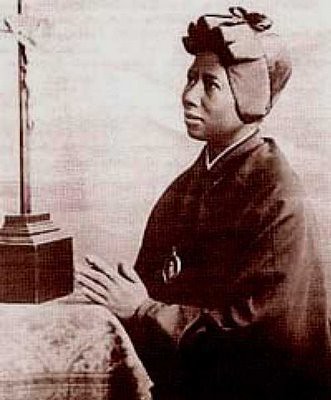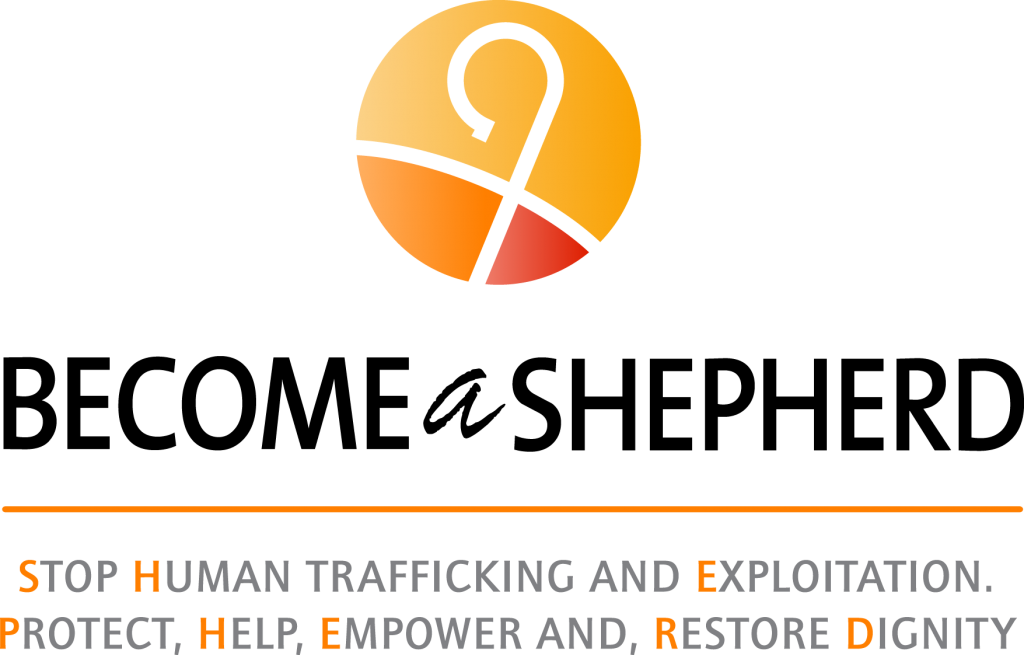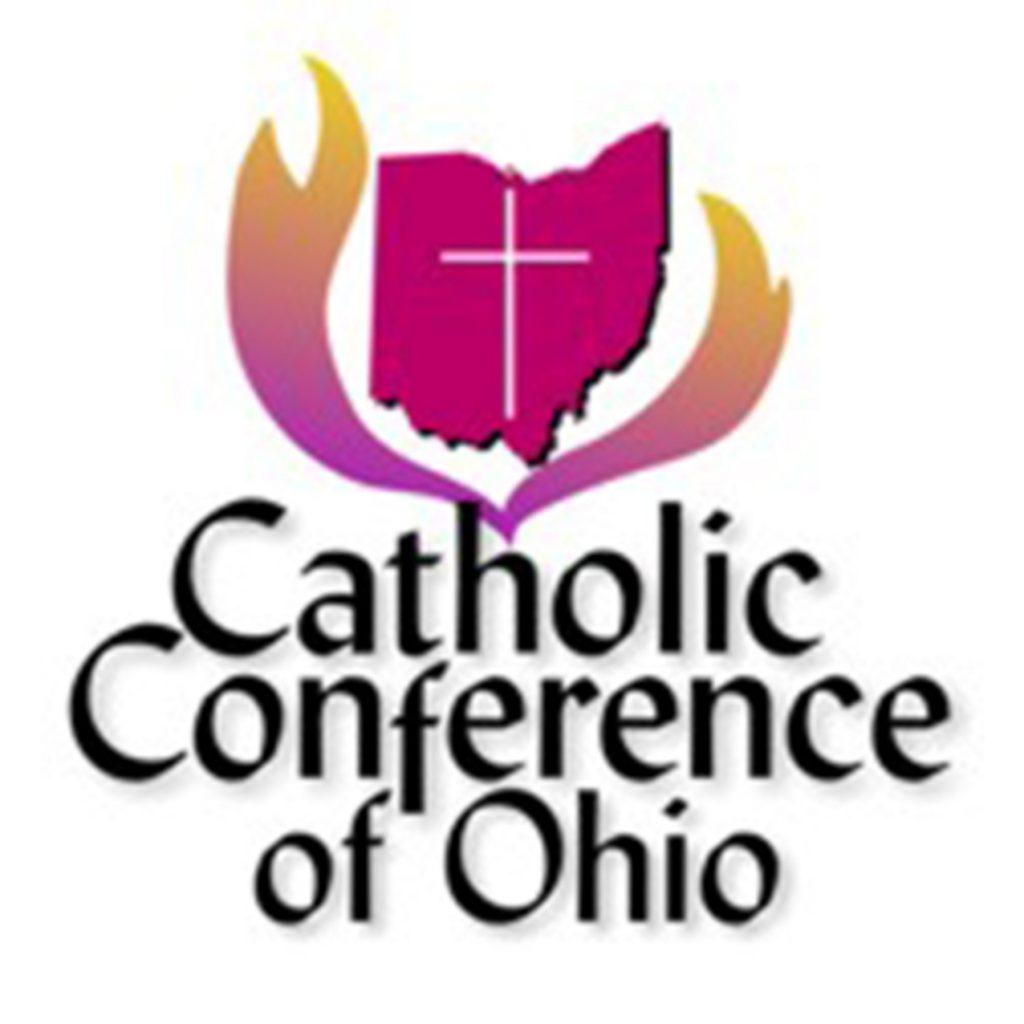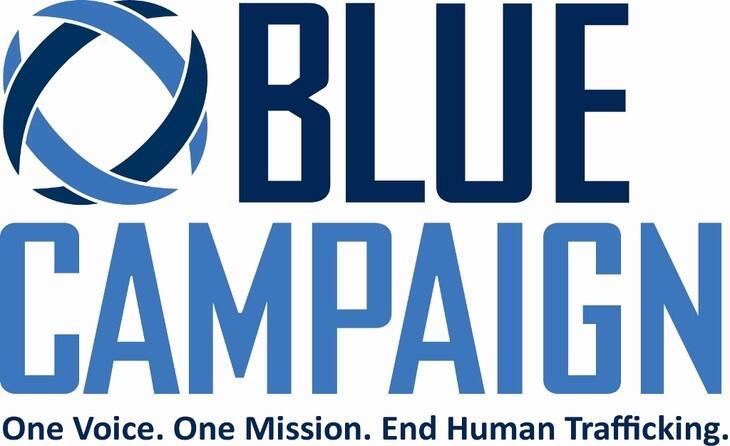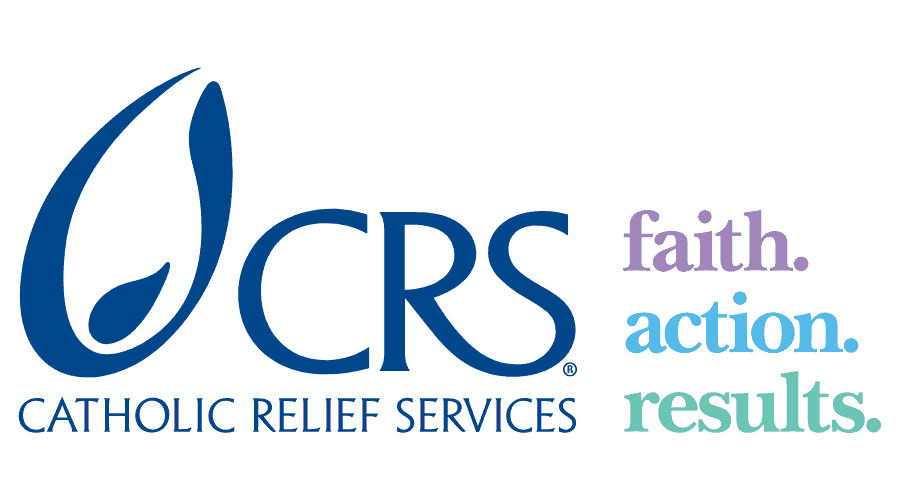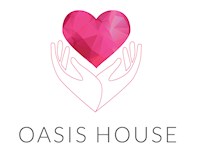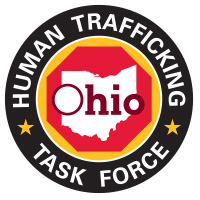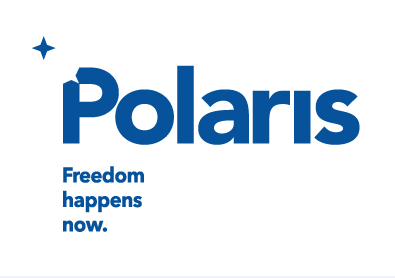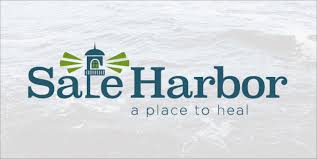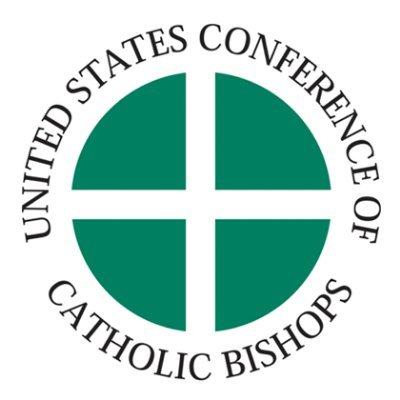Home > Offices > Respect Life Ministries > Respect Life Issues > Human Trafficking
Human Trafficking
General Information
WHAT IS HUMAN TRAFFICKING?
According to the United Nations, “Human Trafficking is the recruitment, transportation, harboring, or receipt of persons by means or force, fraud, or coercion.” More and more of our population is falling to risk of human trafficking as people feel isolated from help or resources to escape terrible, manipulative situations. This use of humans as property and products further destroys the value placed on all life.
Watch the short video on the left to hear more from the USCCB about human trafficking, the Catholic Church’s response, and how YOU can get involved.
Types of Human Trafficking
The below information was taken from the website www.endslaverynow.org.
Domestic Servitude
“Domestic servitude is the seemingly normal practice of live-in help that is used as cover for the exploitation and control of someone, usually from another country. It is a form of forced labor, but it also warrants its own category of slavery because of the unique contexts and challenges it presents.Victims of domestic servitude may appear to be nannies or other domestic help, but the moment their employment arrangement transitions into a situation whereby they cannot leave on their own free will, it becomes a case of enslavement.”
Watch the video above to hear Mitos's story.
Labor Trafficking
“Forced labor in the United States can include sex trafficking and/or labor trafficking since both utilize forced or compulsory labor under threat, fraud or coercion. Most often though, U.S. activists reference forced labor when speaking about labor trafficking since sex trafficking is a separately defined crime. In the U.S., more foreign victims are found in labor trafficking than sex trafficking. Some of these labor trafficking victims entered the country under work or student-based visa programs. Victims can be targeted once they arrived in the U.S., or foreign recruiters may bring these forced laborers to the U.S. using fraudulent or coercive means. Immigrants can be vulnerable to U.S.-based traffickers because of unfamiliarity with the English language, American customs or job processes.”
Watch the video above from our Being Pro Life Series:
Labor Trafficking Happens Here.
Sex Trafficking
“Sex trafficking is a crime when women, men and/or children are forcefully involved in commercial sex acts. In the United States, any minor under the age of 18 engaged in commercial sex acts is automatically considered a victim of sex trafficking under the law. Worldwide, it’s estimated that there are 4.5 million victims of sex trafficking.
Worldwide, false promises are ways in which traffickers bait and enslave their victims – both adults and minors. Indigenous populations and those who live in abject poverty are typically economically and politically marginalized; thus, most lack rights and access to basic services such as education which make them particularly vulnerable to sex trafficking.”
Watch the video above from our Being Pro Life Series:
Sex Trafficking and Manipulation in the United States Today.
Church Documents
The seventh commandment forbids acts or enterprises that for any reason – selfish or ideological, commercial, or totalitarian—lead to the enslavement of human beings, to their being bought, sold and exchanged like merchandise, in disregard for their personal dignity. It is a sin against the dignity of persons and their fundamental rights to reduce them by violence to their productive value or to a source of profit. St. Paul directed a Christian master to treat his Christian slave “no longer as a slave but more than a slave, as a beloved brother, . . . both in the flesh and in the Lord.” (CCC 2414)
“Human trafficking is an open wound on the body of contemporary society, a scourge upon the body of Christ.”
Click the title for the English version of this handbook, or CLICK HERE to download this document in other languages.
The trade in human persons constitutes a shocking offence against human dignity and a grave violation of fundamental human rights. Already the Second Vatican Council had pointed to “slavery, prostitution, the selling of women and children, and disgraceful working conditions where people are treated as instruments of gain rather than free and responsible persons” as “infamies” which “poison human society, debase their perpetrators” and constitute “a supreme dishonour to the Creator” (Gaudium et Spes, 27).
The tremendous advances in human civilization, in the sciences and technologies tempt us to think that slavery is a thing of a distant past. But when we examine the facts, we are shocked at how much slavery in all its modern forms is with us more than ever, albeit in a more submerged way. Far from being a historical footnote and far from of diminishing or going away, this phenomenon of trafficking in persons is growing, provoked by conflicts and extreme poverty, and exacerbated by the present migration and refugee crisis.
Organizations & Webpages
Below are support organizations, along with their webpages, that serve as wonderful resources for parishes, families and individuals regarding human trafficking.
#ENDSLAVERY (A Vatican Campaign)
#EndSlavery is an initiative of the Pontifical Academy of Sciences and Pontifical Academy of Social Sciences for their work to eradicate modern slavery and human trafficking, a task Pope Francis assigned to them in 2013. This is a great way to get involved on a global level to stop human trafficking across the world.
You can also access a plethora of resources, videos, and stories HERE.
United States Catholic Conference of Bishops (USCCB)
The mission of the U.S. Conference of Catholic Bishops’ Anti-Trafficking Program (ATP) is to educate on the scourge of human trafficking as an offense against fundamental dignity of the human person, to advocate for an end to modern day slavery, to provide training and technical assistance on this issue, and to support survivors through community based services.
Ohio Catholic Conference of Bishops
The Catholic Conference of Ohio represents the Church’s position before the Ohio General Assembly, various state departments, bureaus, agencies and other organizations. The Conference also provides facilitation, coordination and joint programming for diocesan groups involved in various Church ministries. This website also has a variety of resources regarding human trafficking in the state of Ohio.
Blue Campaign- Homeland Security
Blue Campaign is a national public awareness campaign, designed to educate the public, law enforcement and other industry partners to recognize the indicators of human trafficking, and how to appropriately respond to possible cases. Blue Campaign works closely with DHS Components to create general awareness training and materials for law enforcement and others to increase detection of human trafficking, and to identify victims.
Human trafficking is modern-day slavery. With 21 million victims worldwide, there are more slaves today than at any time in history. Our Catholic faith calls on us to defend life and human dignity, to fight conditions that lead to the enslavement of human beings.
The CRS Human Trafficking webpages offer a variety of media driven materials for use in parishes or family life. CLICK HERE to access videos, personal stories, prayers, and support resources.
End Slavery Now believes we all have a role in ending slavery. We try to illustrate the many different ways normal, everyday individuals can get involved in the fight. From volunteer opportunities to resource sharing to curating all of the different opportunities to take action, our tools are designed to assist you when you ask: What can I do?
There is also a Cincinnati and Dayton Chapters of this organization. To visit these pages, click the name of the city above.
Intercommunity Justice and Peace Center
IJPC works to bring visibility to the issue of human trafficking by educating young people, elected officials and the general public about the realities and needs of trafficked people in order to create systemic change. We work so that individuals can educate themselves and others about the identification and prevention of human trafficking and advocate for victims. We administer community presentations that integrate facts, stories, and ways that individuals can take action.
Oasis House offers hope and support to women survivors of trauma, violence, sexual exploitation, and substance abuse. We do this by promoting healing, restoration, and empowerment through Christ’s unconditional love, teaching practical life skills, and mentoring through a transformational process.
Ohio Human Trafficking Task Force
The Governor’s Ohio Human Trafficking Task Force was formed to marshal the resources of the State of Ohio to coordinate efforts to identify victims, create a coordinated law enforcement system to investigate and prosecute human trafficking crimes, and to provide the services and treatment necessary for victims to regain control of their lives.
We respond to sex and labor trafficking as they happen. We learn from that response and share that learning. Finally, we use what we learn to pilot big, new ideas for slowly, carefully, finally, dismantling big, old systems that make trafficking possible. We are focused where we think we can make the most change: Systems that trap impoverished migrants in degrading conditions; systems that allow sex traffickers to hide behind screens and systems that, if optimized, would allow the financial services industry to use traffickers’ own money to shut them down.
Safe Harbor is a 24/7 residential and faith-based program located in the heart of Springfield, Ohio, that empowers women toward healing and equips them with life skills for quality living. The complexity of the issues facing the women at Safe Harbor necessitates an approach that deals with these challenges from every possible angle.
U.S. Catholic Sisters Against Human Trafficking
Mission: U.S. Catholic Sisters Against Human Trafficking is a collaborative, faith-based national network that offers education, supports access to survivor services, and engages in advocacy in an effort to eradicate modern-day slavery.
Vision: U. S. Catholic Sisters Against Human Trafficking envision a world without slavery with a network of services and resources to inform the public, prevent the crime and assist survivors to achieve a fulfilling life.
Media Resources
In our media-driven world, it is imperative to use media resources to work to spread the Gospel of Life. Below are a variety of these media resources that could be used as conversation starters to delve more deeply into the issue of human trafficking.
Articles
The Pervasive Problem of Human Trafficking
This article is part of the Being Pro Life Campaign and features personal stories of those affected by human trafficking particularly in the sex trafficking industry. This campaign includes an article, video, and podcast that effectively convey what it means to have a consistent ethic of life.
Labor Trafficking Happens Here
This article is part of the Being Pro Life Campaign and features personal stories of those affected by labor trafficking here in the United States. This campaign includes an article, video, and podcast that effectively convey what it means to have a consistent ethic of life.
Videos & Movies
An excellent way to help people to understand an issue is to present them with a story. The below video interviews, documentaries, and films are great resources for discussion on the topic of human trafficking.
BLIND EYES OPENED is a first-of-a-kind Christian documentary that dives deep into the sex trafficking industry in the U.S. The film exposes the darkness that fuels demand, highlights survivors’ transformations through Christ, engages lawmakers, law enforcement, organizations, ministries and experts across the country committed to ending the atrocities, all while showing Christ as the hope for all involved.
There are issues where you are morally obligated to take a side, such as human trafficking. You cannot be neutral. If you don’t take a stand against it, if you don’t do something to fight it, you’re contributing to the continued existence of this tremendous injustice. Open your eyes to reality. Open your heart to the victims.
Each year, an estimated 17,000 vulnerable men, women and children are trafficked across our borders and then forced into slavery. Many are fleeing terrible situations in their home countries, and come to the United States to find a better life. Unfortunately, the nightmare often begins when they reach our shores.
Printable Resources
- Human Trafficking
| Title | Description | Hits | Date added | Download |
|---|---|---|---|---|
| CRS Human Trafficking Policy Paper | 1280 | 07-09-2020 | DownloadPreview | |
| CRS Solidarity Prayer Walk for Human Trafficking | 1426 | 07-09-2020 | DownloadPreview | |
| End Trafficking- High School Education Guide | 1269 | 07-09-2020 | DownloadPreview | |
| Identifying & Assisting Victims of Human Trafficking- USCCB | 1145 | 07-09-2020 | DownloadPreview | |
| Interfaith Center on Corporate Responsibility- Statement and Principles | 1206 | 07-09-2020 | DownloadPreview | |
| National Slavery & Human Trafficking Prevention Prayer Service | 1297 | 07-09-2020 | DownloadPreview | |
| Pastoral Orientations on Human Trafficking | 1168 | 07-09-2020 | DownloadPreview | |
| Prayer for an End to Human Trafficking | 1121 | 07-09-2020 | DownloadPreview | |
| Prayer to St. Josephine Bakhita (Card) | 1342 | 07-09-2020 | DownloadPreview | |
| Recognizing and Responding to Human Trafficking in a Healthcare Context | 1672 | 07-09-2020 | DownloadPreview |
Get Involved
To end the violation of human dignity that is domestic violence, we must take action. Whether that is through working towards advocacy, awareness, service or prayer. Below are a list of ways to get involved.
Advocacy & Awareness
In order to bring an end to human trafficking in our nation, we must not be silent and we must stay informed. Below is information about both the State and National Call to Action Websites. You can sign up and receive important alerts about this issue to remain aware and take action.
Looking for a way to make a change in our world? The USCCB Action Center provides a huge amount of information regarding National Legislation and how Catholic citizens can get involved. You can also sign up for emails and text messages from the USCCB. Click the link above to be taken to the webpage.
The Conference represents the Church’s position before the Ohio General Assembly, various state departments, bureaus, agencies and other organizations. The Conference also provides facilitation, coordination and joint programming for diocesan groups involved in various Church ministries. You can sign up for statewide Action Alerts and will receive information on upcoming legislation in the state of Ohio.
Prayer
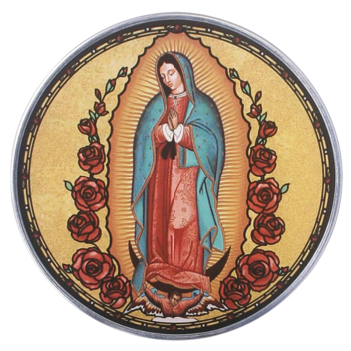
Oh God, we didn’t see them. But you did-
The hundreds and thousands of human beings trafficked each year to join the millions who are trapped in modern-day slavery.
Under terrible conditions, they work in factories, plow fields, harvest crops, work quarries, fill brothels, clean homes, and haul water.
Many are children with tiny fingers for weaving rugs and small shoulders for bearing rifles.
Their labor is forced, their bodies beaten, their faces hidden from those who don’t really want to see them.
But you see them all, God of the poor.
You hear their cry and you answer by opening our eyes, and breaking our hearts and loosening our tongues to insist:
No mas. No more.
AMEN.Service
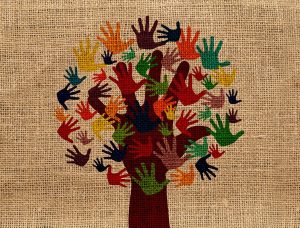
To promote the Pro-Life cause within our community, it takes many hands. Service is essential to meet the needs of the thousands of women, men, and children each year who are forced into this form of modern day slavery. We must show them the love they deserve, so that they can escape their captors and heal through God’s loving grace. There are many organizations listed ABOVE to support in a variety of way. Through donating, volunteering, or helping to spread awareness in our communities, we can work to eliminate human trafficking in our country.

